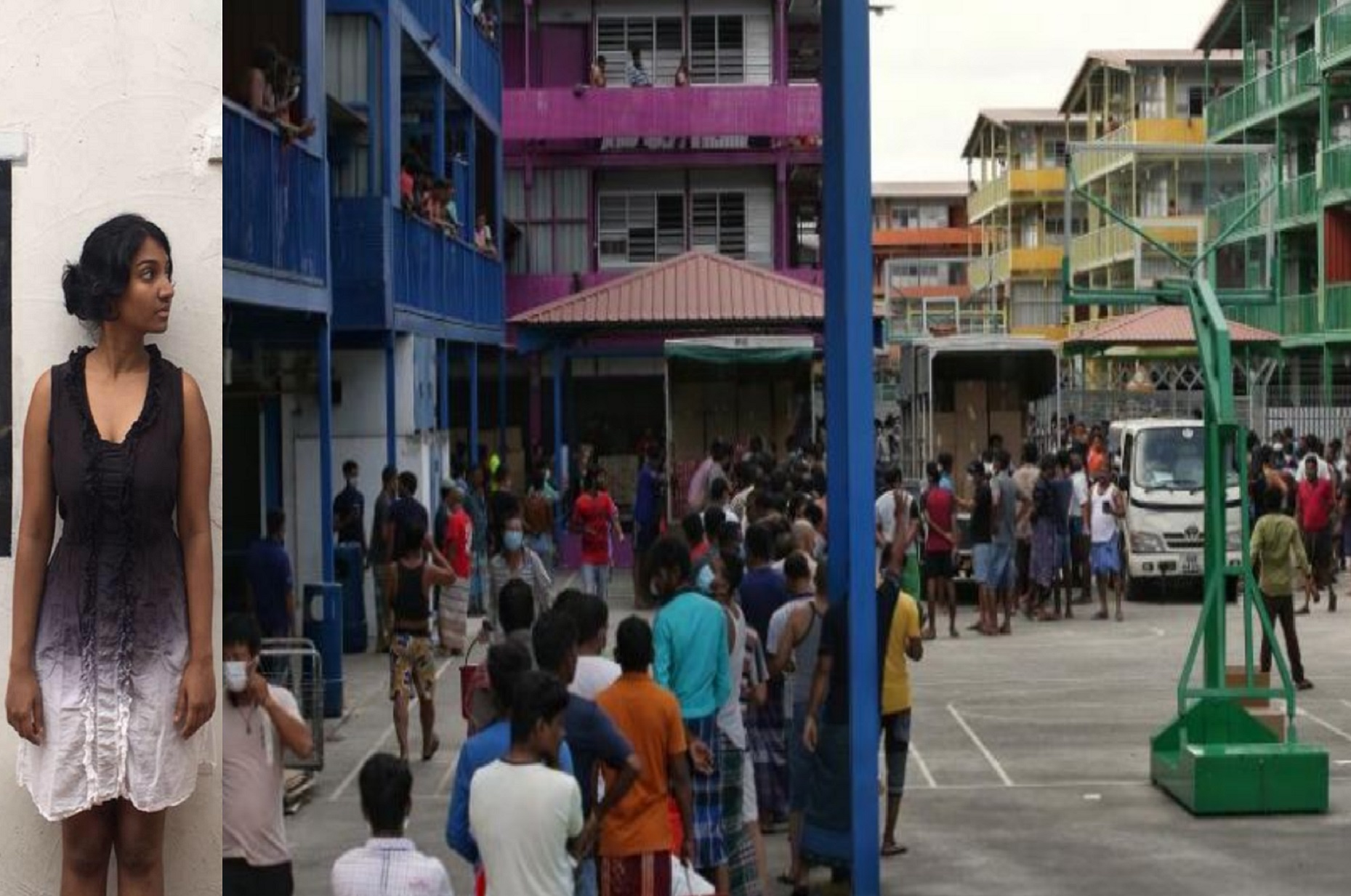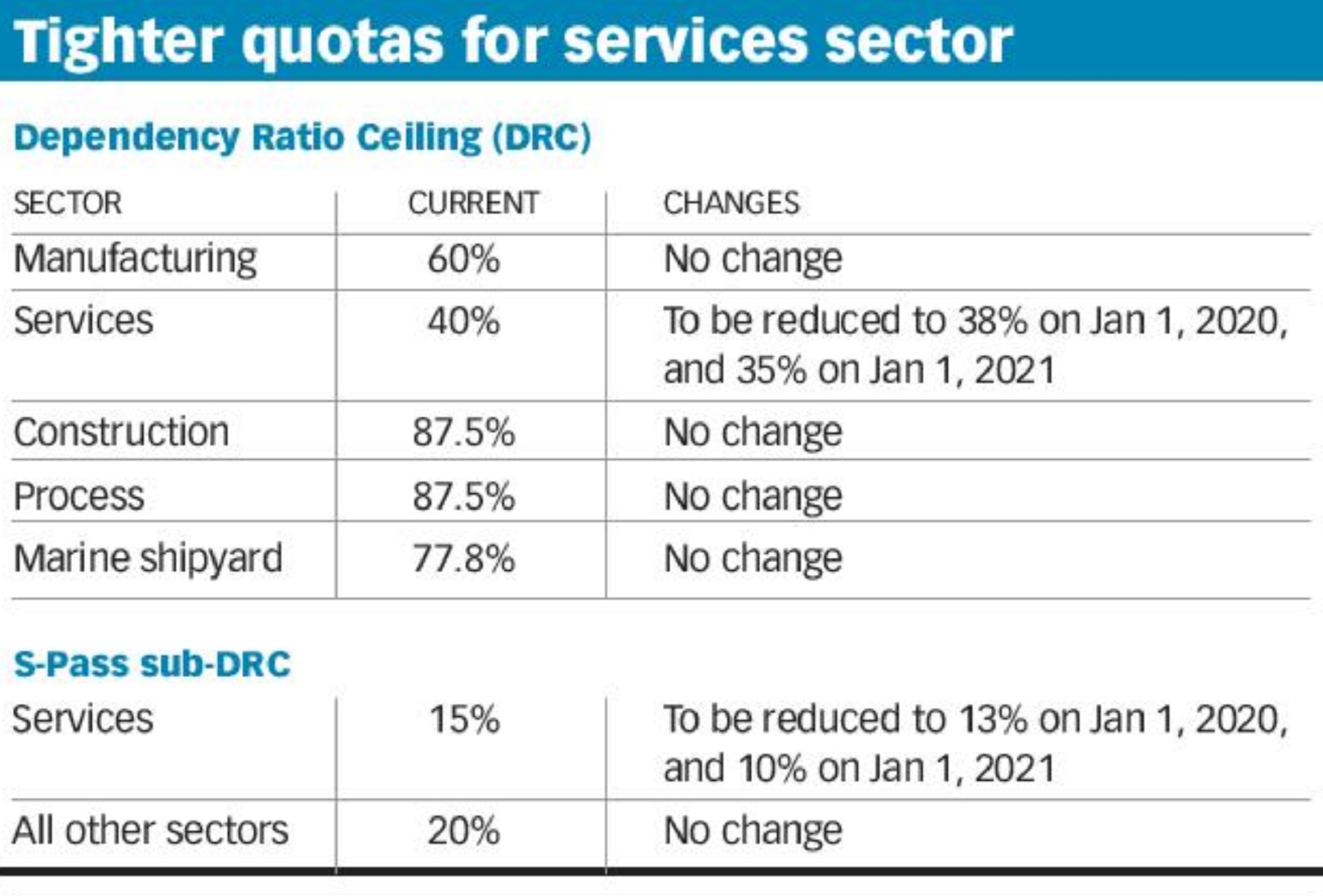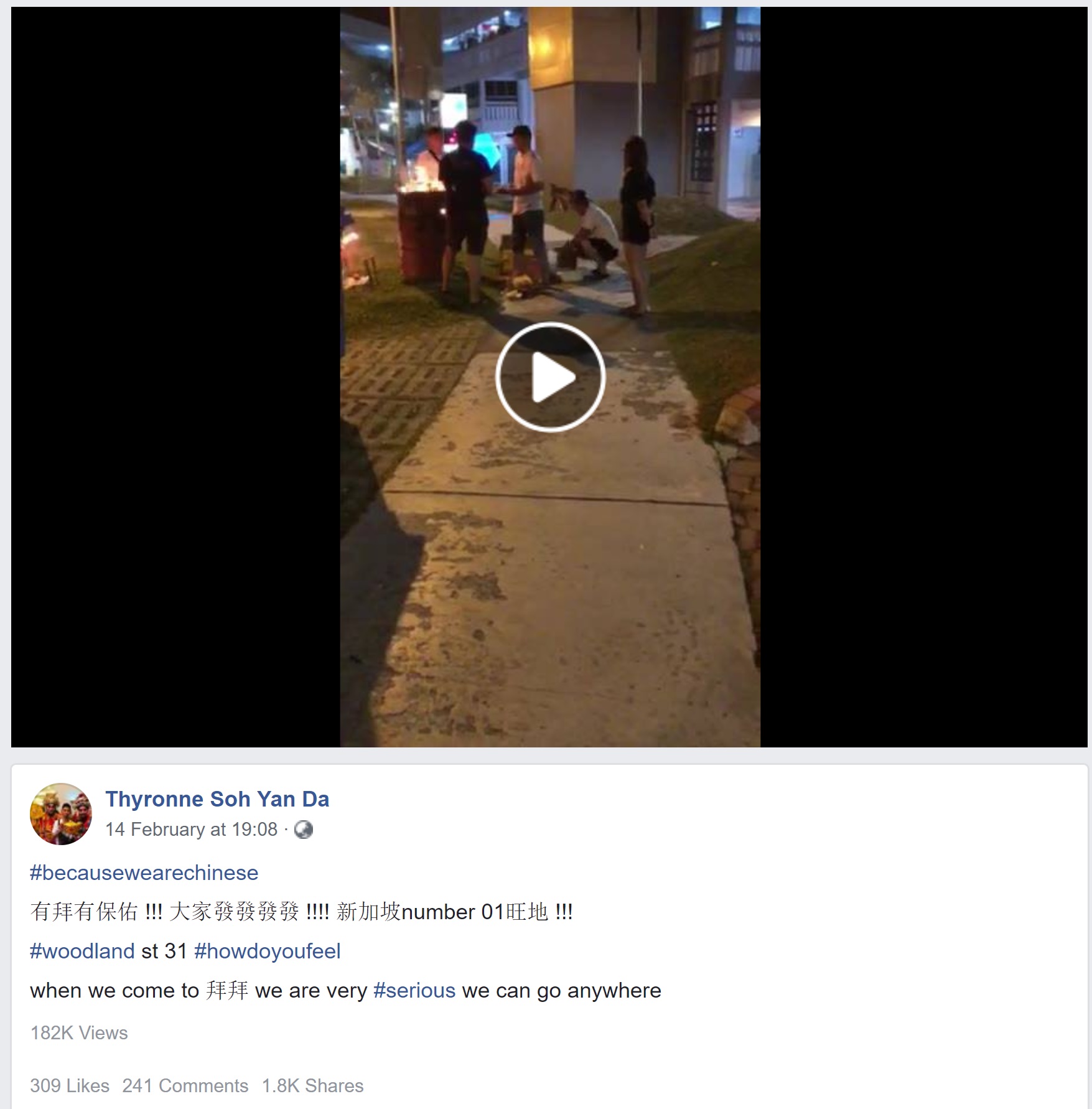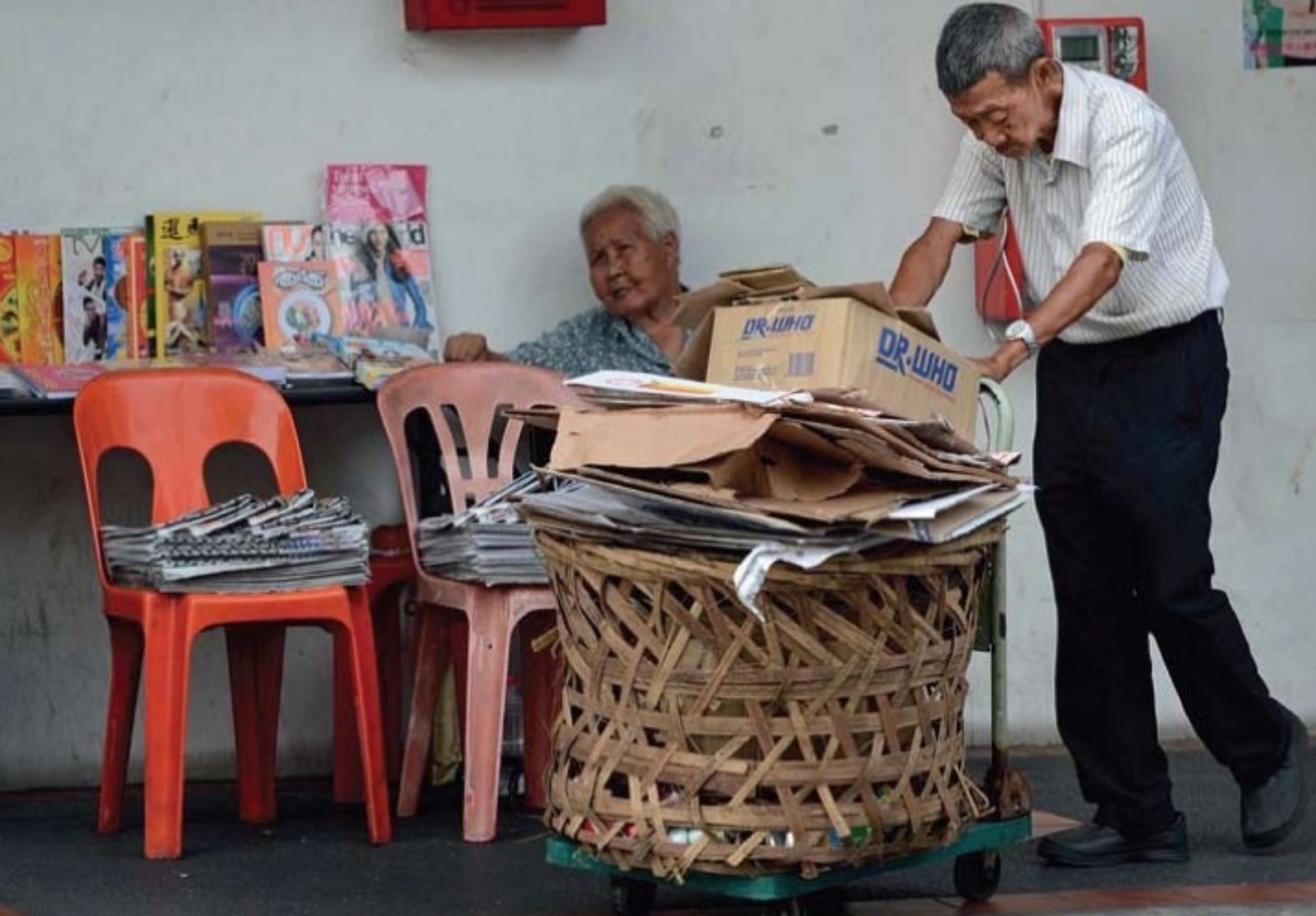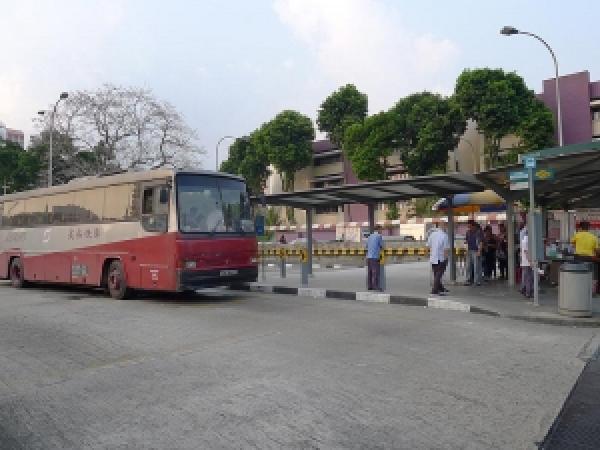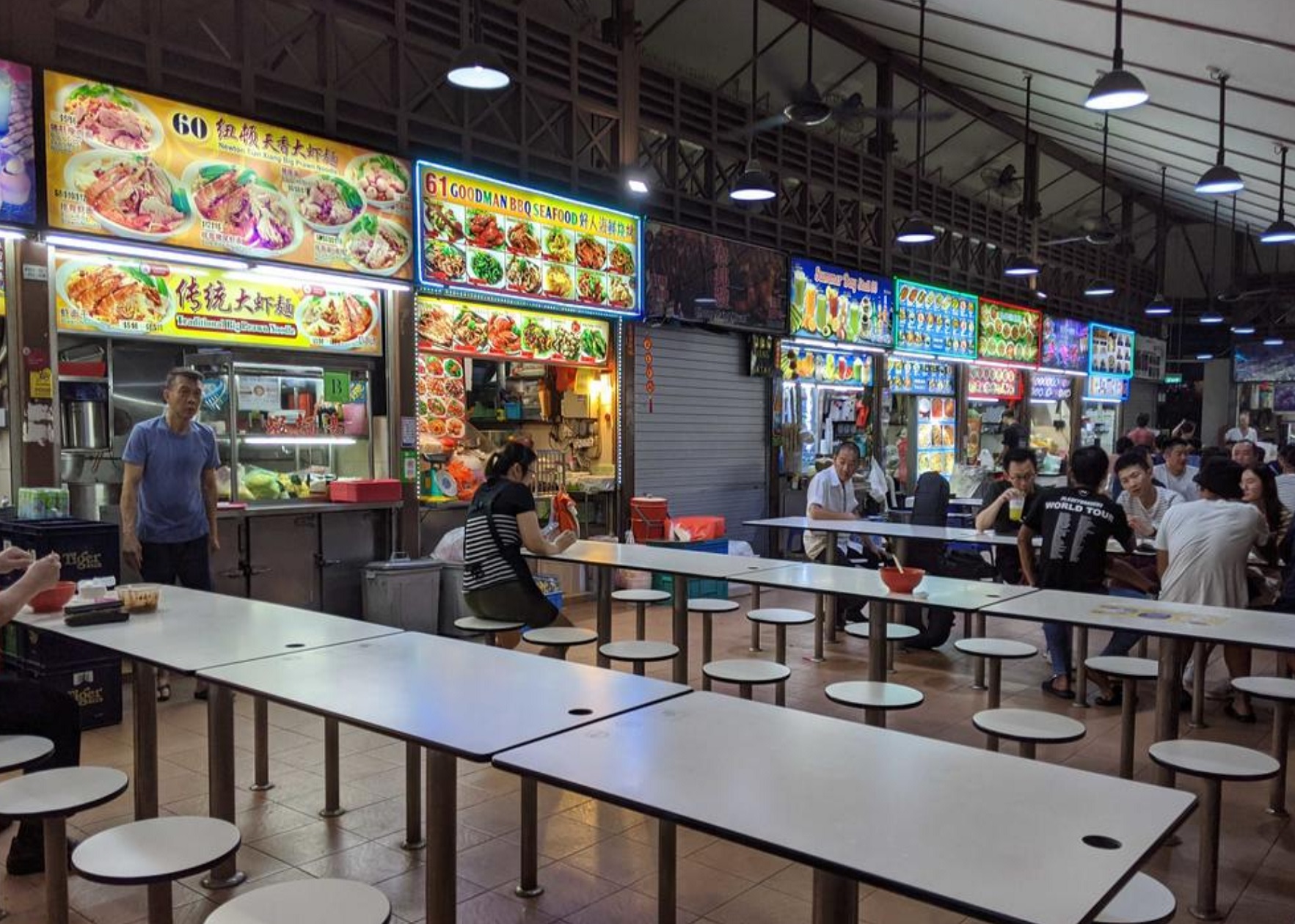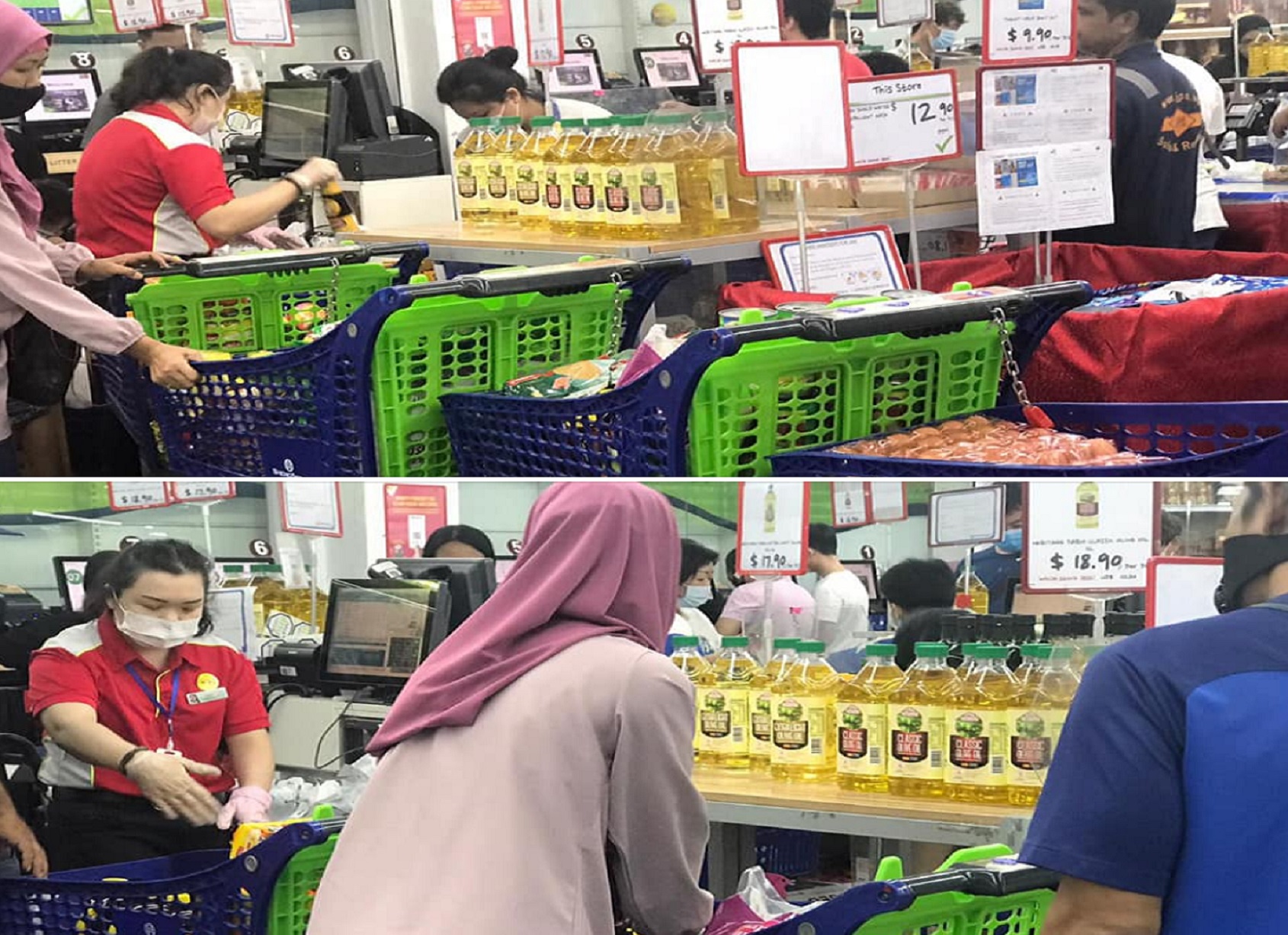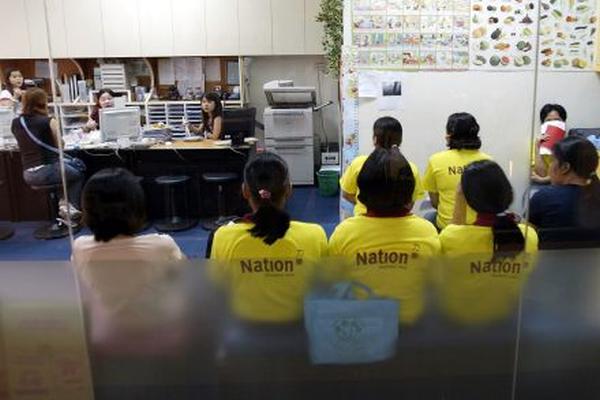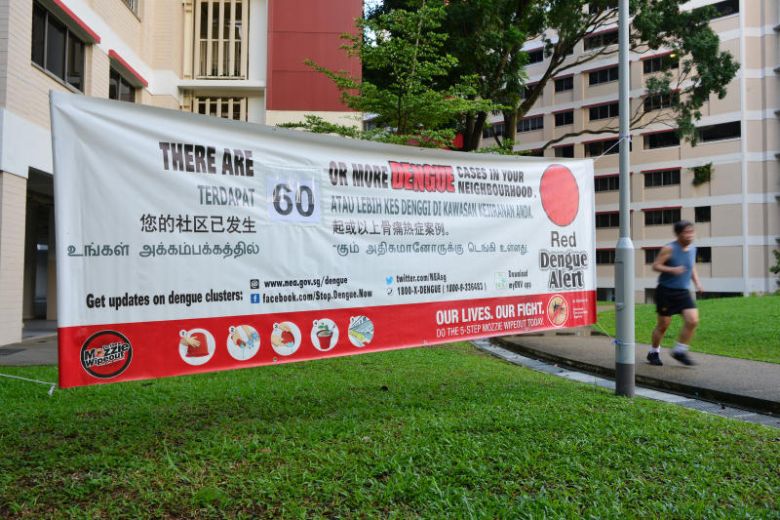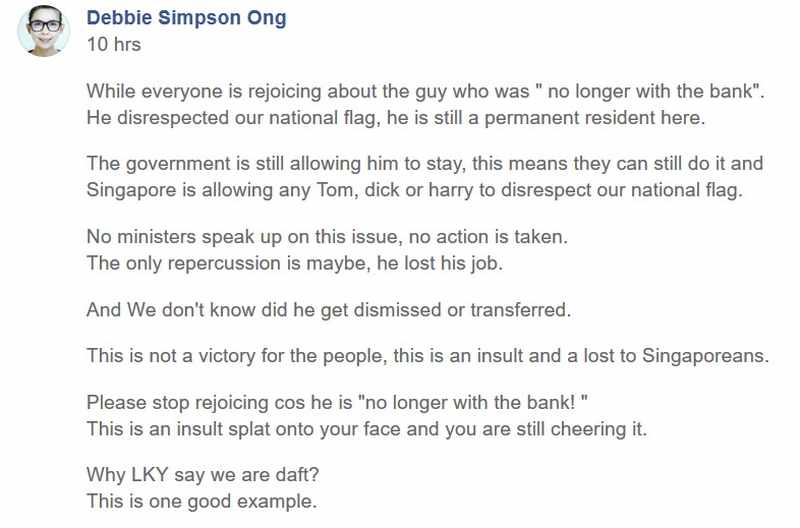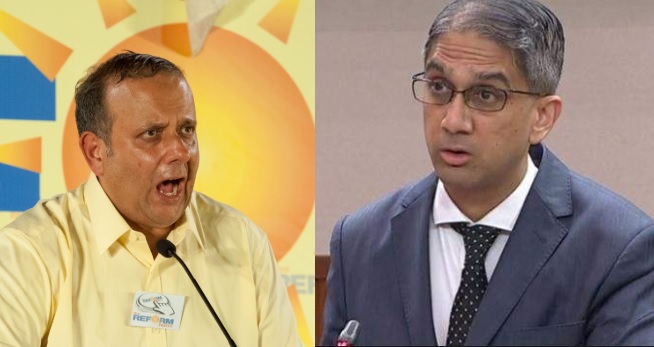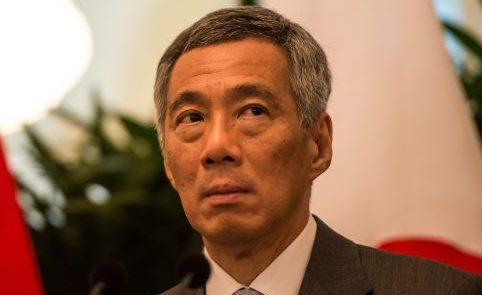Cut To Foreign Worker Dependency Quota Will Hit SMEs Hard, More Support Needed To Ensure Survivability
As expected, Budget 2019 rolled out the goodies for Singaporeans. The PAP government won't admit it but this all works in its favour as it prepares for the next elections. Nevertheless, after all the anticipation leading up the budget announcement, a sense of emptiness pervades.
Singaporeans can't be bought with goodies and whatever goodies that will be rolled out to Singaporeans was just inadequate. Whatever the case may be, just take the goodies because it belongs to you and not the government.
One important issue that may have been overlooked by Singaporeans, unless you are business owners in the service industry, was the reduction of the foreign worker quota. This would be done by reducing the dependency ratio ceiling (DRC) in stages, over two years. By 2021, employers have to ensure that their foreign worker strength does not comprise of more than 35% of their total workforce.
It was the PAP government that opened the doors to foreigners to take advantage of the global economic downturn in 2008. While Singapore was well-placed to recover from the downturn, it was a flawed solution as it meant that there was an influx of foreign workers. This resulted in depressed wages and added more competition for locals, especially those in the lower-income group.
Singaporeans, including owners of SMEs, have become too dependent on this foreign labour.
The move to lower the quota is long overdue. It should have been carried out a long time ago.
Now that the SMEs need to restructure and innovate to meet the challenges of the decrease in manpower head on, how will the government help them? Structural reforms take time and a lot of money to undertake and SMEs don't survive. How are we to cultivate an innovative spirit when businesses aren't allowed the time and given the necessary support to grow?
Singapore will look different in 2021. Some SMEs may vanish forever but before that happens, ensure that you vote the right people into parliament in the next elections.
The writer, Kelvin, is unmoved.
